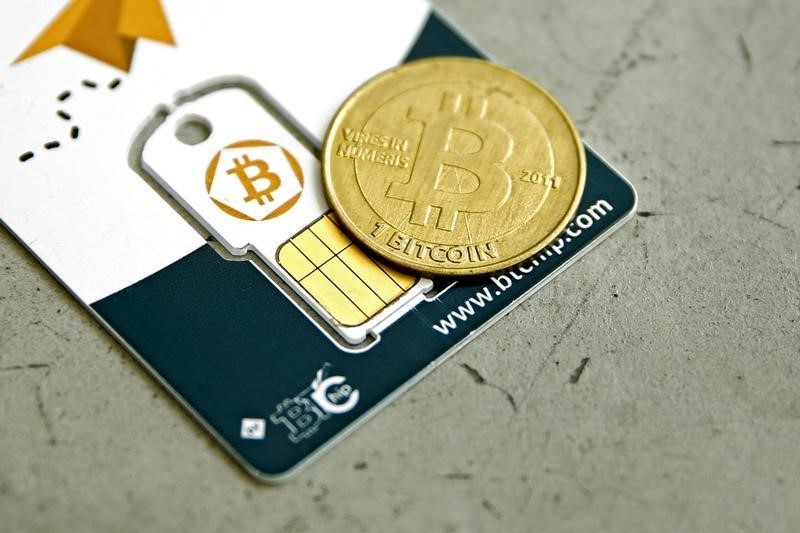As it stands today the United States dollars is the world’s reserve currency. When someone in Russia, China, Argentina, Zimbabwe or Thailand wants to store their money safely, they convert their local currency into the dollar. Why? The dollar has attained this lucky status for several reasons. One, it is backed by the power of the United States military. The largest air force in the world is the US air force. The second largest air force in the world is the US navy. That military secures trade routes, threatens countries into cooperation and generally creates faith in the dollar. He who has the biggest stick…
The second reason for the dollar’s dominance is prudent management. Some countries inflate their currencies so horribly that you end up with excesses like the hundred-trillion-dollar bill or tote bags filled up with worthless banknotes. Those are extreme examples but in less drastic ways plenty of countries have abused their presses, printed too much money. The result is that their currency inflates faster than it should. For the most part, at least so far, the United States has avoided this trap. While the Federal Reserve is well-known for its somewhat indiscriminate quantitative easing (QE), they have been careful enough to manage the printing of the dollar so that it maintains its value in the long term.
A strong military plus responsible fiscal policy has been enough to guarantee a United States dollar hegemony for more than half a century. The question we must now ask though is: can that hegemony be broken? Specifically, could it be broken by the bitcoin exchange?
